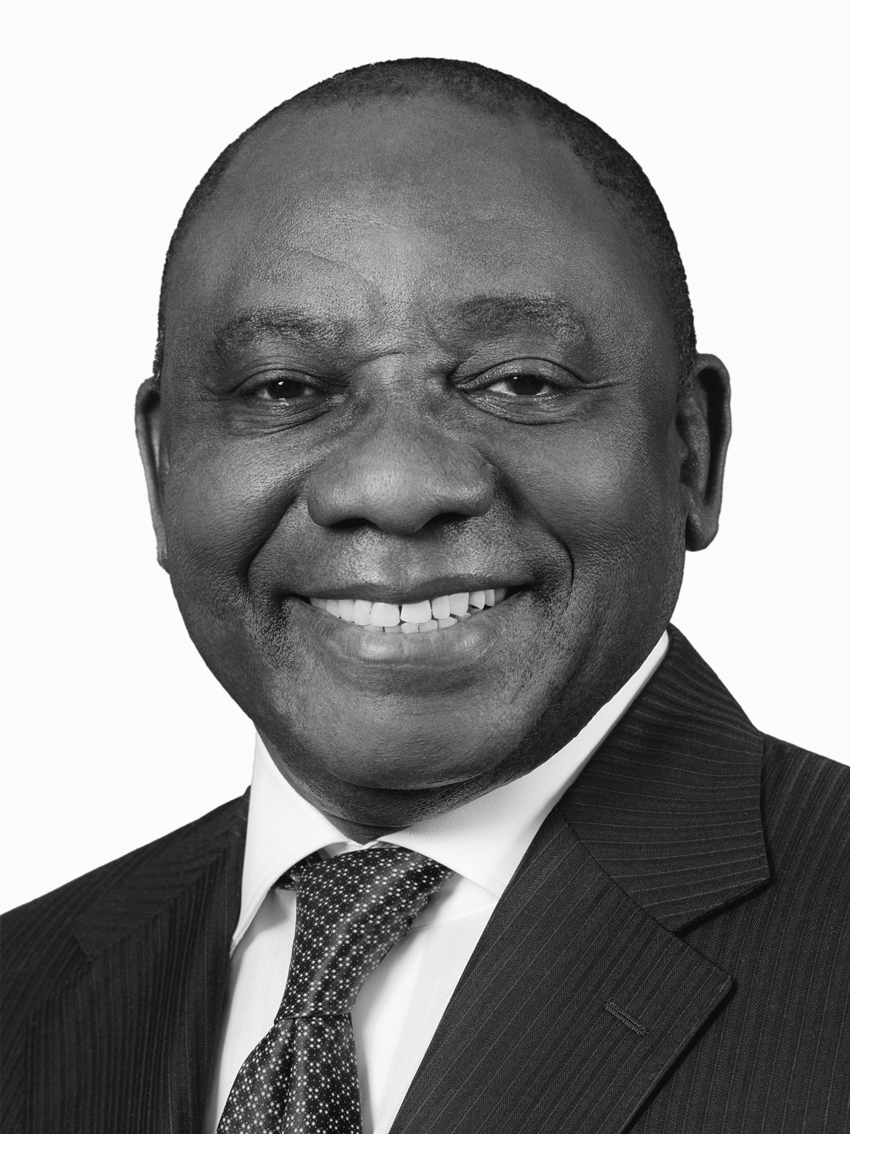Statement by President Cyril Ramaphosa at the Second Session of the virtual G20 Leaders’ Summit on Building an Inclusive, Sustainable, and Resilient Future

Your Royal Highness,
Excellencies,
The coronovirus pandemic is not only the greatest health crisis of our time, but also a severe social and economic crisis.
The pandemic has set back global efforts to eradicate poverty and narrow inequality.
Our recovery from the crisis requires that we redouble our efforts to meet our global obligations as reflected in the UN 2030 Agenda for Sustainable Development – particularly our commitment to leave no-one behind and help those furthest behind first.
We need to ensure that appropriate, at-scale and additional finance is provided to developing countries, as well as technology transfer and capacity-building support.
We welcome that the Saudi Presidency has prioritised the matter of G20 Support to COVID-19 Response and Recovery Plans in Developing Countries, especially Africa and Small Island Developing States.
We see the Financing for Sustainable Development Framework as evidence of the G20’s commitment to the sustainable development agenda.
We are also pleased with the ongoing commitment to Africa’s development through the G20 Africa Partnership, the Compact with Africa and the G20 Initiative on Industrialisation in Africa and Least Developed Countries. All these initiatives go a long way towards supporting the African Union’s Agenda 2063.
The issue of illicit financial flows must be addressed with urgency.
A recent report by UNCTAD notes that curbing the annual capital flight of $88 billion from Africa could potentially half Africa’s SDG financing gap. Tackling illicit financial flows is an important developmental issue.
We must remain firm in our resolve to protect our societies and the planet from environmental degradation.
As part of the wider African Union recovery programme we have developed the African Green Stimulus Programme.
We further remain committed as South Africa to meeting our international obligations to combat climate change.
As we look forward to COP26 in Glasgow next year, we need to prioritise the full and balanced operationalisation of all three of the global goals in the Paris Agreement, namely mitigation, but we should also not neglect adaptation and support.
Sustainable energy transitions and access to energy will both be crucial to deliver on the Sustainable Development Goals.
South Africa therefore welcomes Saudi Arabia’s introduction of the circular carbon economy approach to the G20. South Africa is developing the scientific knowledge base for a transition to a circular economy. We have had some success with industrial symbiosis initiatives, where one sector’s waste is precious input into another sector. We are developing ambitious producer responsibility schemes in industry to manage waste effectively.
It is critical that appropriate forms of financial support are given to African countries to enable them to facilitate a green and sustainable recovery.
A just energy transition is crucial for developing countries and for propelling Africa’s industrialisation. Indeed, under new Integrated Resource Plan gives impetus to our flagship Renewable Energy Independent Power Producer Procurement scheme.
This pandemic has once again brought to the fore the urgent need for women’s economic empowerment, and we believe that the empowerment of women and girls must remain central to the G20’s recovery plan.
In the difficult period that lies ahead, South Africa looks forward to greater collaboration within the G20 as we work to rebuild in a manner that is more sustainable and more inclusive and that advances opportunities for all.
I thank you.




